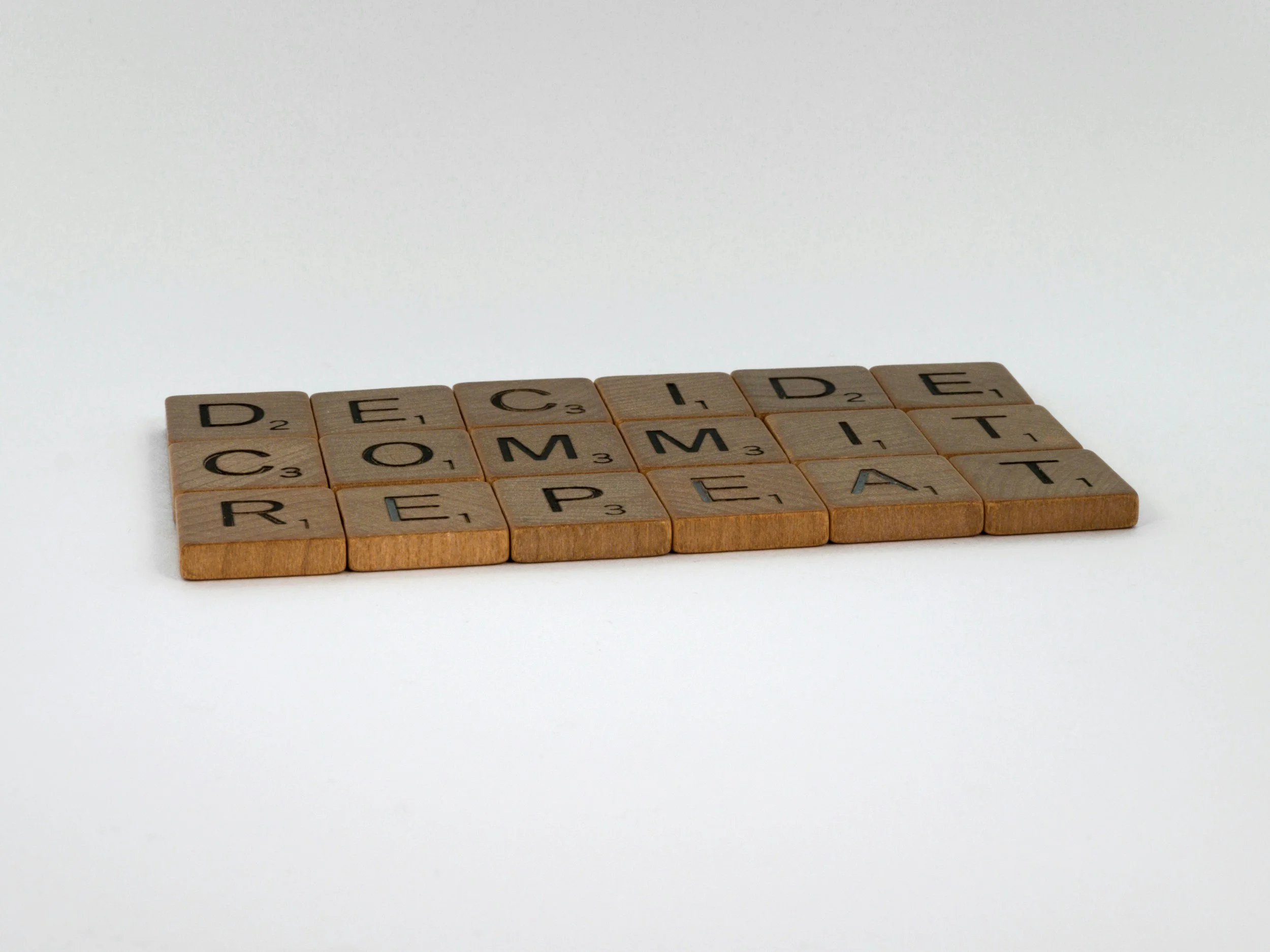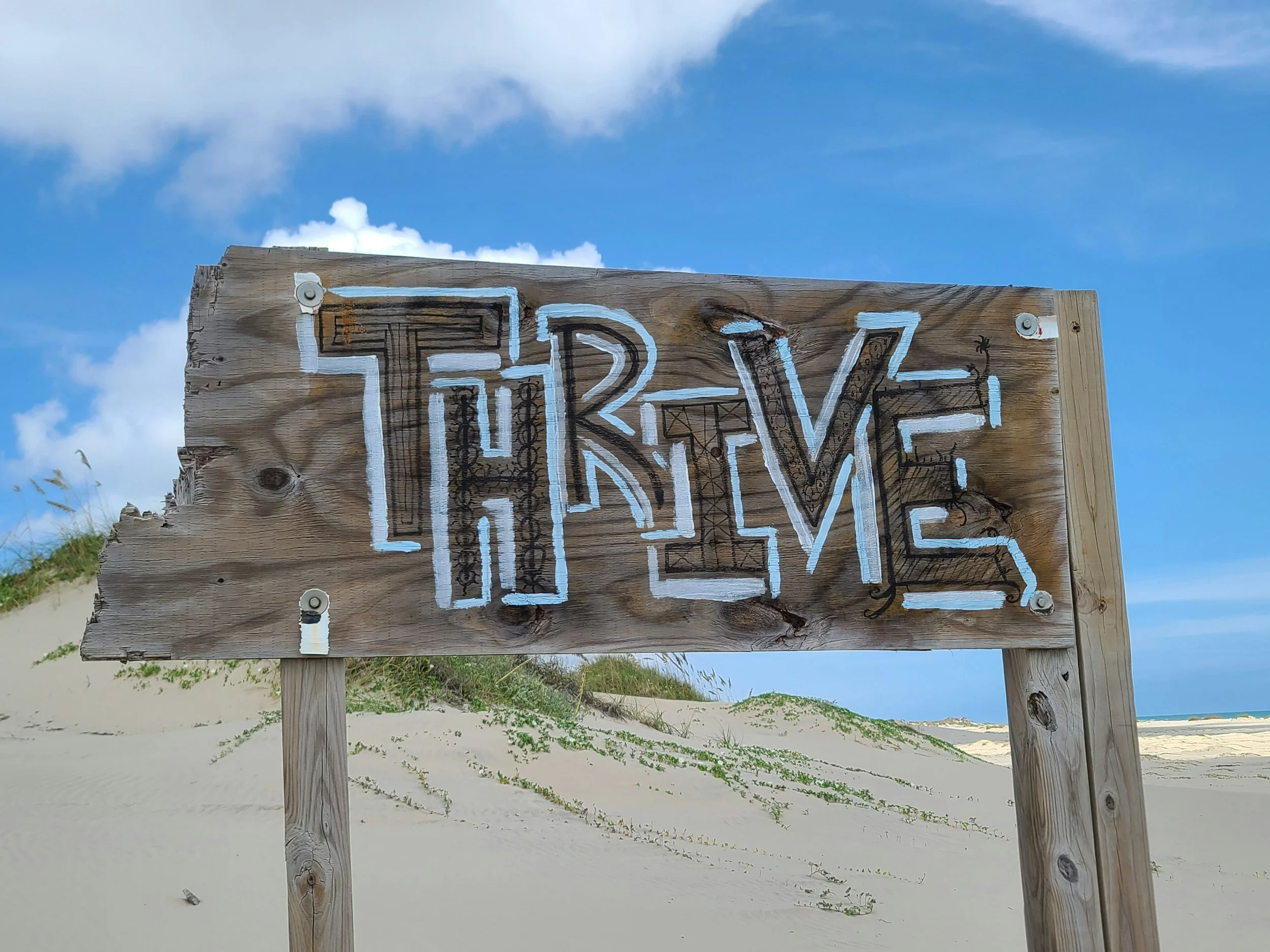The Power of Trivia: How Learning About Your Profession Enhances Skills and Engagement
Published 19 November 2024
(In Ep #0 of the Professionall Pathways Podcast | Cal’s Journey into Teacher Education)
“The last segment [of the Pathways Podcast] is called the Pedagogy Pop Quiz, the segment where we put our guests’ educational knowledge to the test. Whether you’re a novice or a pro, you’ve got to know your profession! So, this is a chance for our guests to prove how much they know about the fascinating history of the education profession. If you have an interesting piece of trivia you want included in the next episode, send us a message with a citation from a credible source. The Pedagogy Pop Quiz, of course, is just for fun to explore the incredibly fascinating history of the education profession.”
Trivia often gets a reputation as mere fun and games—–something reserved for bar nights or friendly competitions. But trivia, especially when it centers on your profession, is more than just a leisure activity. It can be a powerful tool for personal growth, professional engagement, and fostering connections with others in your field.
Strengthening Professional Knowledge
Delving into trivia related to your profession helps you deepen your knowledge base in an engaging way. For educators, for example, learning about the history of education or key milestones in pedagogy can bring a renewed sense of pride and perspective.
Consider this question: Which U.S. President was a licensed teacher before entering politics? Answer: Lyndon B. Johnson. Learning this tidbit may inspire educators to reflect on how the skills they develop in teaching are transferable to other leadership roles.
Trivia connects the dots between history, culture, and practice, enriching our understanding of the broader context of our work. By participating in trivia-based activities, professionals can stay curious and uncover surprising insights about their field.
Encouraging Lifelong Learning
Trivia inherently promotes a growth mindset. When you come across a question you don’t know the answer to, you’re prompted to look it up. This process of learning in small, digestible pieces can reignite your passion for your field. Studies show that microlearning—–acquiring knowledge in short bursts—–is highly effective in retaining information and fostering intellectual curiosity (Carpenter et al., 2012).
For instance, medical professionals might explore trivia about groundbreaking surgical procedures or the evolution of certain treatments. This not only sharpens their skills but also keeps them updated on the milestones that shaped their practice.
Building Connections and Collaboration
Trivia can also be a social and collaborative tool. Organizing trivia games at staff meetings or professional development workshops brings people together in a low-pressure environment. It fosters camaraderie and teamwork as colleagues work to answer questions or discuss the "fun facts" they’ve learned. This shared experience can lead to stronger relationships, better collaboration, and even a more positive workplace culture.
For teachers, creating trivia games for students that incorporate content from the curriculum can boost engagement while simultaneously teaching critical thinking. A quiz question like, “Which state was the first to establish a public school system in the U.S.? (Answer: Massachusetts)” introduces history while prompting analysis of how this milestone impacted education nationwide.
Boosting Confidence and Professional Identity
Learning trivia about your profession helps solidify your identity within that field. It offers a sense of belonging and pride to know the historical and cultural narratives that have shaped your work. Psychologists have found that competence-building activities, such as mastering trivia, increase confidence and satisfaction in professional roles (Bandura, 1997).
Knowing your field’s "greats" and milestones can also make you a better storyteller, whether you’re mentoring a novice, networking at a conference, or delivering a presentation. Sharing an interesting fact can serve as a conversation starter and position you as a knowledgeable and engaging professional.
Making It Fun
The best part of professional trivia is that it makes learning fun! Instead of passively absorbing information from lectures or readings, trivia challenges our brains to recall, connect, and apply knowledge. This keeps the learning process dynamic and enjoyable, whether it’s a teacher learning about the invention of the chalkboard or a scientist uncovering the history of the periodic table.
Incorporating Trivia into Your Routine
Want to start using trivia to enhance your career? Here are a few tips:
Create a Weekly Trivia Session: Dedicate time at staff meetings or as part of personal study to explore questions about your field.
Use Apps or Online Tools: Platforms like Kahoot or Quizlet allow you to customize trivia questions related to your work or class content.
Participate in Professional Trivia Nights: Many organizations host trivia events where you can connect with peers while expanding your knowledge.
Encourage Your Students or Team to Join In: Trivia can be a collaborative activity that energizes your team or class.
Trivia is more than just an entertaining pastime; it’s a powerful learning tool that can enhance professional knowledge, build connections, and bolster confidence. By engaging with trivia about your profession, you can stay curious, celebrate your field’s history, and even inspire others around you. So, the next time you hear an intriguing question about your profession, dive in—it might lead to your next great discovery.
Discussion Question
How can incorporating trivia about your profession enhance your skills and create opportunities for engagement in your workplace? Share your favorite piece of trivia related to your field in the comments!
Related Posts
-
Bandura, A. (1997). Self-efficacy: The exercise of control. New York, NY: W.H. Freeman and Company.




